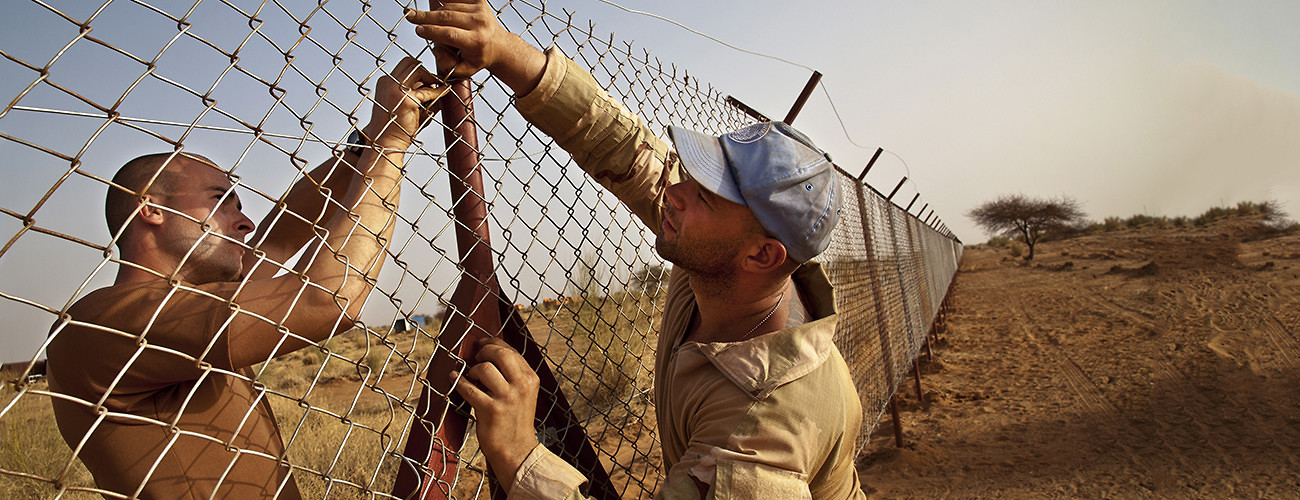In a break from recent tradition, European member states are currently contributing significant military capabilities to a United Nations (UN) peacekeeping operation in Africa. Europeans are providing more than 1,000 troops to the UN Multidimensional Integrated Stabilization Mission in Mali (MINUSMA) by staffing a wide range of operations including an intelligence fusion cell, transport and attack aircraft, and special forces.
Yet for European troop-contributing countries (TCCs) that have spent several years working in North Atlantic Treaty Organization (NATO) operations in Afghanistan, participating in a UN mission has been a process of learning and adaptation. For the UN, the contributions of key capabilities by European countries have pushed the UN system to adjust to the higher expectations of the new European TCCs, which has proved difficult in Mali’s complicated operating environment and political situation.
The report examines this complex relationship and shows the challenges and opportunities for both the UN and its European member states participating in MINUSMA. In terms of challenges, the report identifies obstacles facing European TCCs as they adapt to the UN peacekeeping system, the domestic political concerns of European TCCs, and the need for increased partnership among TCCs within the mission. In terms of opportunities, the report finds the potential of European military contributions to strengthen UN peacekeeping operations facing capability constraints and the UN’s ability to learn and adjust to increasingly asymmetric threat environments, as it responds to the needs of European TCCs.
The authors offer a number of recommendations for facilitating and improving the participation of European militaries in MINUSMA and in UN peacekeeping more broadly, including the following:
- For the UN Secretariat: Develop opportunities for strategic force generation engagement with potential TCCs and conduct formal and informal indicative force generation meetings with TCCs; consider ways to gather more TCC input into the development of concepts of operations, force requirements, statement-of-unit requirements, etc.; provide more predictable and faster mission support during mission start-up; and consider decentralizing authority in-mission and at headquarters in New York to speed up decision-making processes.
- For European states: Engage in a structured and sustained dialogue with the UN to ensure that lessons from the experience in MINUSMA are identified jointly and improvements are pursued; work with the UN to develop media strategies to help domestic audiences better understand UN peacekeeping; ensure that staff who have acquired UN competence are considered for key posts at the Ministry of Defense, the permanent mission to the UN, the reconnaissance mission, and UN negotiation teams; and ensure a thorough understanding of UN planning and decision-making processes at headquarters and in the field.
- For the All Sources Information Fusion Unit (ASIFU): Initiate a lessons-learning exercise on the ASIFU experience in MINUSMA to improve the current intelligence aspects in this mission and to make improvements on intelligence aspects in other and future UN missions; develop a UN secure data network; and continue to improve cooperation between information gathering and analysis components in the mission.
This report is part of IPI’s Providing for Peacekeeping Series.








